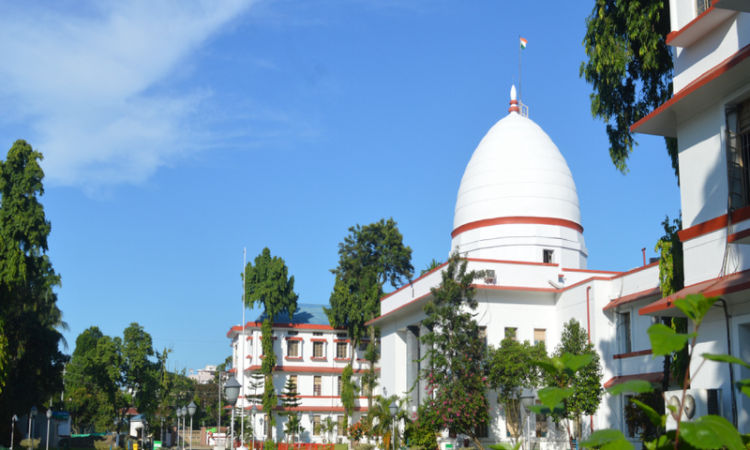Gauhati High Court Sets Aside Conviction Of Man Accused Of Murdering His Wife In 2010
Udit Singh
1 Aug 2023 4:15 PM IST

Next Story
1 Aug 2023 4:15 PM IST
The Gauhati High Court on Monday set aside the conviction of a man in a case under Section 302 and 498A of IPC and granted benefit of doubt to him. The accused was alleged to have murdered his wife. The division bench of Justice Michael Zothankhuma and Justice Malasri Nandi passed the verdict in a case dating back to 2010. The appeal was filed by the convict in 2019.“In the present case,...
